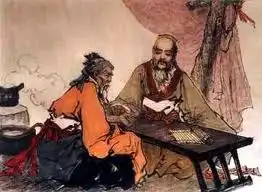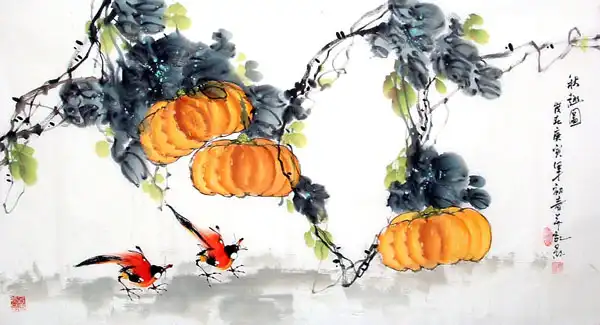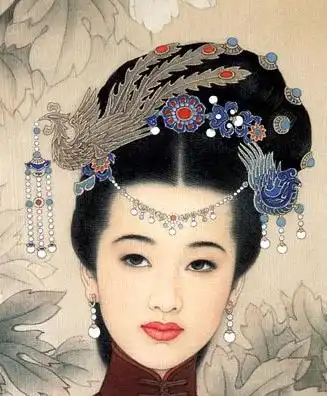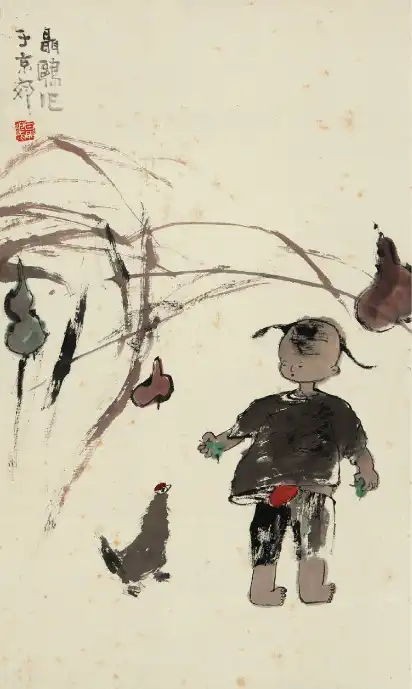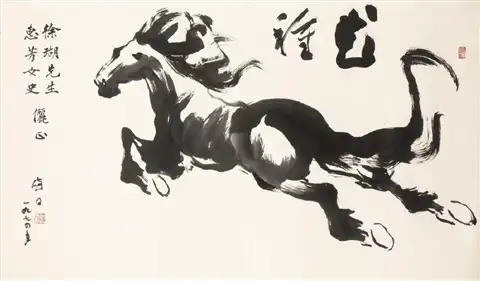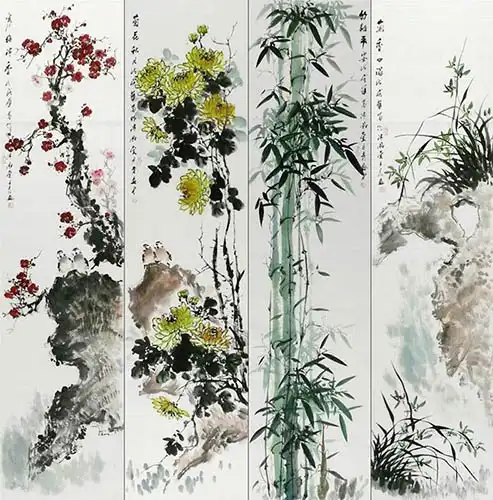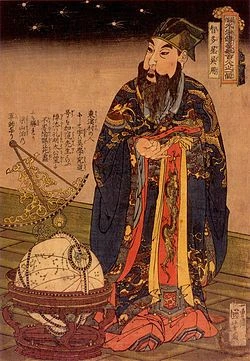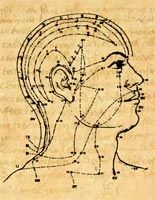Introduction to the disharmony
Major symptom:
- constipation
Constipation is a condition of the digestive system, in which one cannot get rid of the unwanted residue of the foods and drinks consumed. Waste stays longer in the body and overtime starts to aggravate and enlarge intestinal pores, letting toxins enter the blood stream. Thus constipation is dangerous and should not be overlooked. The treatment principle for constipation is to drain the feces downward. In traditional Chinese medicine there are three types of downward draining herbs, that treat constipation – Purgatives, Moist Laxatives, and Harsh Expellants.
Purgatives treat constipation that manifests due to “internal heat”, which dries out the fluids in the Large Intestine, making it difficult to expectorate the feces. "Internal cold" is another cause for accumulation, leading to weak peristalsis. It is also treated with purgatives (if you want to familiarize yourself with the concepts "internal heat" and "internal cold" visit the Physiology chapter of this project) In both cases purgative herbs respectively drain heat or warm the interior, and purge constipation.
Constipation can also develop because of internal dryness or Qi deficiency. Most commonly this is the case with elderly people as with aging the body’s blood and Qi level diminish, and the Yin lessens. In these instances moist laxative herbs are used. They are gentle on the body yet have a lubricating effect on the intestines.
The third cause for constipation is accumulation of fluids, or poor water metabolism. In such cases the treatment principle is to induce diarrhea by using harsh expellants. Because these herbs strongly drive out excess water to clear accumulation they should be prescribed with care and only for short-term.
All purgatives and harsh expellants are contraindicated during pregnancy! Moist laxatives should be used with caution during pregnancy. (1)
Major Chinese herbs
A major purgative herb used in traditional Chinese medicine is Da Huang (Rheum palmatum). Besides draining heat and purging accumulations this bitter, cold, yellow herb, translated as “big yellow”, drains damp-heat and has antimicrobial effect. It also can be used for blood in the stool because of its property to drain heat from the blood, which manifests in bleeding.
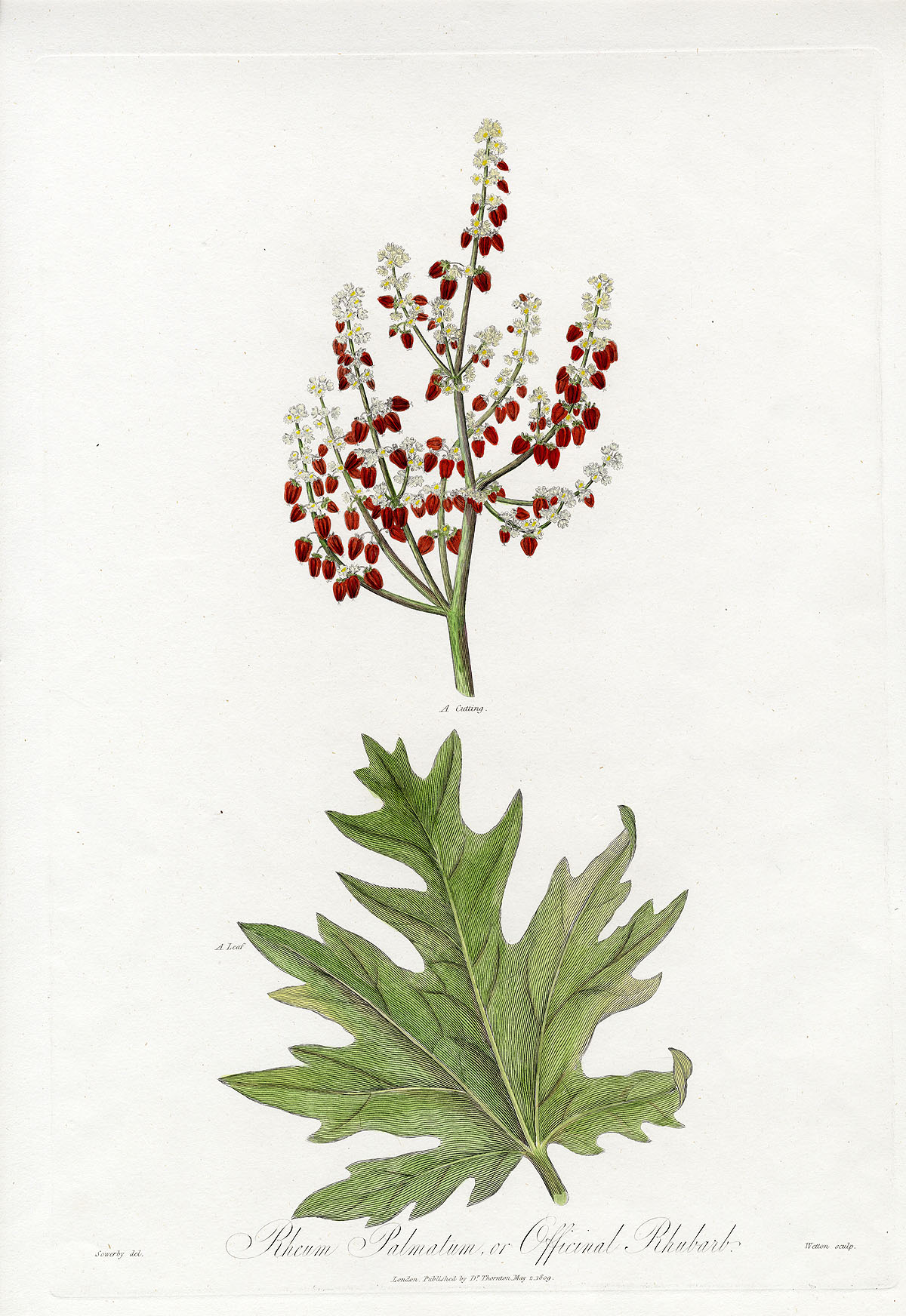
Another major purgative is Mang Xiao – mirabilite, also known as Glauber’s salt. It purges accumulation and reduces redness and swelling in the eyes, mouth or throat due to heat.
Dried concentrate of the juice of aloe leaf – Lu Hui (Aloe Vera) –is gentle enough to be used for chronic constipation. It also kills parasites, especially roundworm. (1)
Moist laxatives are Huo Ma Ren (Cannabis sativa) and Yu Li Ren (Prunus japonica). The first one is cannabis seeds. It moistens the intestines and nourishes Yin. The second herb is translated “constrained plum pit”. It unblocks the bowels and reduces edema.
Morning glory is a beautiful deep-blue/purple flower, which seeds - Qian Niu Zi (P. purpurea) – are used as harsh expellants in Traditional Chinese Medicine. They are helpful for water retention constipation, damp-heat accumulation constipation, food stagnation accumulation and parasites (roundworm and tapeworm). They also enter the Lung and benefit phlegm and congested fluids in the chest.
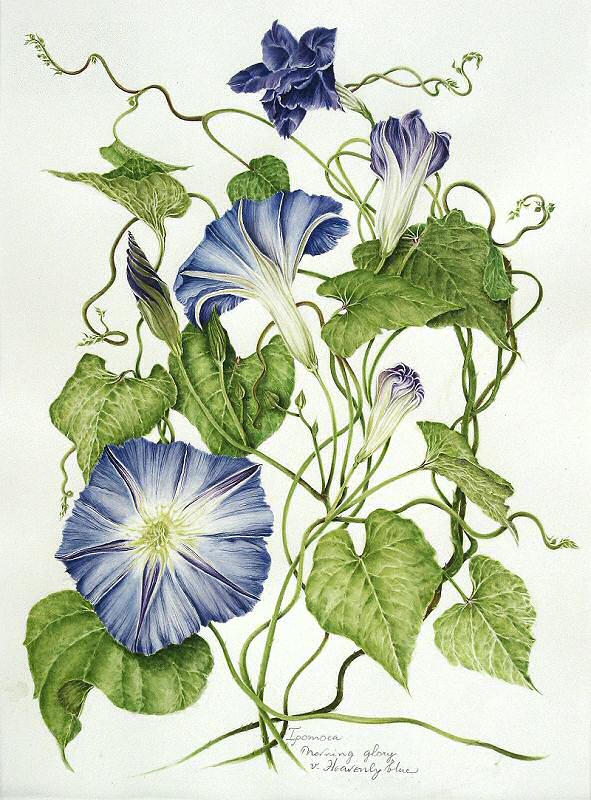
Yuan Hua (Daphne genkwa) is another flower with beautiful puprple color, that drains down water and is topically used to kill ringworm infestations. Gan Sui (Euphorbia kansui) is a violent harsh expellant root, which causes the water to pass anally. Ba Dou (Croton tiglium) – is a “hot” bean that is used for constipation due to accumulation of cold. It is also used for phlegm clogging the throat, causing difficulty breathing. Shang Lu (Phytolacca acinosa) is a root that benefits severe constipation and urinary difficulty. (1)
Healing foods
Some fruits and vegetables are excellent laxatives.
To unlock the rest of this article select "Yes, I want to learn!" below.
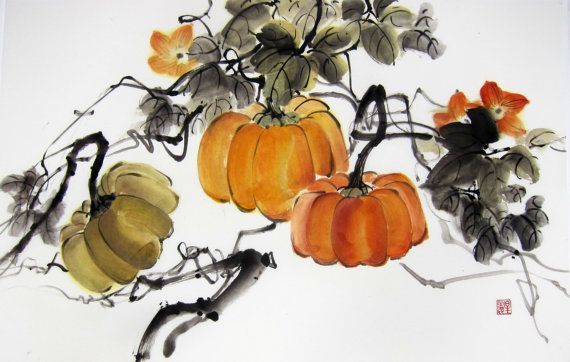
Food therapy is the most economical and non-toxic biochemical approach to health and disease. Food is something we continuously use to sustain our lives. Learning what foods are healing (and what disruptive) for each condition has the potential to convert every meal into a form of therapy.
YS
(1) Benski, Dan & Gamble, Andrew (1993). Materia Medica, Revised Edition. Seatle: Eastland Press, Incorporated
(2) Pitchford, Paul (2002). Healing with Whole Foods. Berkeley: North Atlantic Books
Related Articles:
Heat and Dryness in the Large Intestine
Note: This site and its services are to consumer educational use only. Nothing contained in this site is or should be considered, or used as a substitute for medical advice, diagnosis or treatment. We advise users to always seek the advice of a physician or other qualified professional with any questions regarding personal health and medical condition. Please read our Disclaimer

